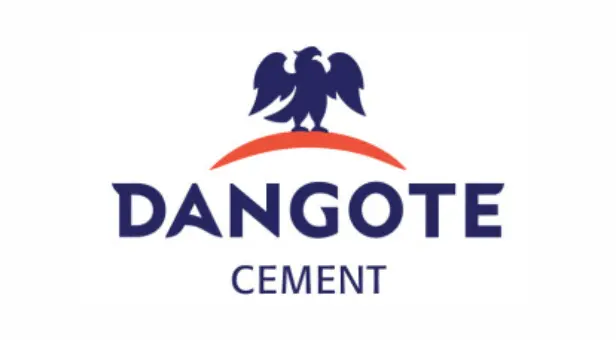Dangote Refinery increases crude oil storage capacity by over 6 million barrels, addressing supply challenges and boosting operations.
[dropcap]T[/dropcap]he Dangote Petroleum Refinery has embarked on an ambitious expansion project to build eight additional storage tanks, boosting its crude oil storage capacity by 6.29 million barrels—equivalent to 1 billion litres.
This move aims to counter supply disruptions from the Nigerian National Petroleum Company Limited (NNPC).
The $20 billion refinery is ramping up its infrastructure to stockpile imported crude oil as local supply challenges persist.
Currently, the facility has 20 storage tanks with a capacity of 120 million litres each, totalling 2.4 billion litres. Once the new tanks are completed, the refinery’s total crude oil storage capacity will rise to 3.4 billion litres—a 41.67% increase.
Devakumar Edwin, Vice President in charge of oil and gas business at Dangote Industries, cited insufficient crude supply from the NNPC as a major factor driving the decision to import crude.
“Importing crude from other countries instead of buying locally means that our crude stockpiles will have to be higher.
So, we have started building eight additional crude tanks to hold a billion litres, over and above our original storage capacity. Four of them are nearing completion,” Edwin stated.
Despite being Africa’s largest oil producer, Nigeria has grappled with underinvestment, pipeline vandalism, and theft, leading to production outages.
The country’s crude oil output reached 1.45 million barrels per day in November 2024, just shy of its 1.5 mbpd OPEC quota.
The expansion of Dangote’s storage facilities comes amid speculation about the future of the naira-for-crude initiative launched by President Bola Tinubu.
Introduced in October 2024, the policy allowed the sale of 385,000 barrels per day of crude oil to the Dangote Refinery and other local facilities in exchange for naira payments.
While Aliko Dangote, President of the Dangote Group, credited the initiative for reducing petroleum product prices in Nigeria, reports suggest that the refinery continues to face challenges with crude supply.
The facility had experienced months of shortages before the naira-for-crude programme commenced.
Since beginning diesel and aviation fuel production in January 2024 and petrol production in September 2024, the Dangote Refinery has supplied products to both domestic and international markets.
The refinery’s refined product tanks, with a total capacity of 2.34 billion litres, play a vital role in supporting its operations.
With the expansion of its crude storage capacity, Dangote Refinery aims to mitigate supply chain risks, ensuring consistent operations and contributing to Nigeria’s energy independence.
This development underscores the refinery’s commitment to scaling up production and stabilising fuel supplies amid persistent challenges in the local oil sector.
Source: Read more at thisdaylive.com





























